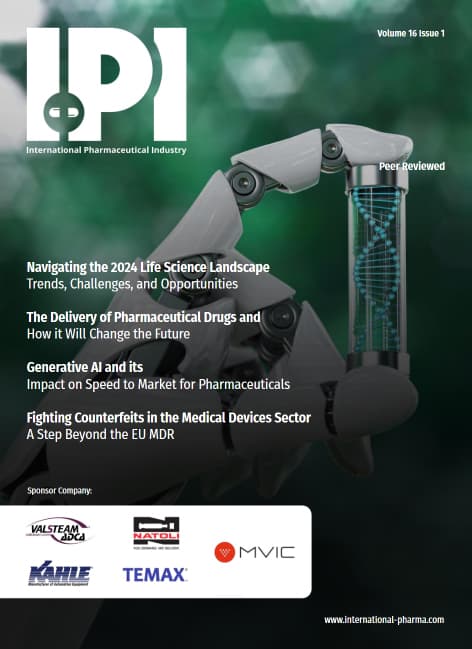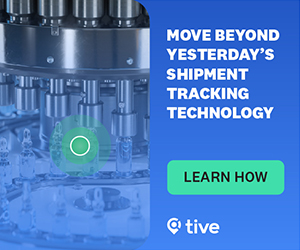In recent years, the biopharmaceutical industry has experienced a paradigm shift with the increasing prominence of auto-injectors. In 2023 the global auto[1]injector market size is USD 9.34 billion and is expected to grow at a CAGR of 16.05% to USD 19.67 billion by 2028.1
This rapid growth is driven by the increasing adoption of self-administration devices across various therapeutic areas for allergies and lifestyle and chronic diseases such as psoriasis, diabetes, multiple sclerosis, and rheumatoid arthritis. Biopharmaceutical companies are actively incorporating auto-injector drug delivery technology into their product portfolios, recognising the competitive advantage these devices offer in terms of differentiation and patient satisfaction. As a result, the auto-injector market is witnessing a surge in innovation, with companies investing in research and development to enhance device features and compatibility with a diverse range of biologic drug products.
These user-friendly drug-device combination products have revolutionised drug delivery, offering patient’s greater convenience, accuracy, and control over their treatment regimens. As the demand for biologic therapies continues to grow, auto-injectors are emerging as a key drug delivery mechanism in enhancing patient adherence, reducing healthcare costs, and improving overall treatment outcomes.
Benefits of Auto-injectors
- Precision in drug delivery: auto[1]injectors are designed to administer precise doses of biologic drug products, ensuring accurate and consistent delivery. By automating the injection process, auto-injectors minimise the risk of human error, providing a level of accuracy that is paramount in the treatment of complex conditions such as autoimmune disorders and chronic diseases.
- Safety and reduced risk of conta-mination: auto-injectors are designed to minimise the risk of contamination and infection associated with traditional methods of drug administration such as vials and syringes. The sealed, prefilled cartridges or syringes used in auto-injectors protect the medication from external contaminants, ensuring the integrity of the drug product. Additionally, the automated injection process reduces the likelihood of accidental needle stick injuries, enhancing safety for both patients and healthcare providers.
- Patient-Centric Approach: The surge in auto-injector usage can be attributed to the growing emphasis on patient[1]centric healthcare. These devices empower patients to self-administer medications in the comfort of their homes, eliminating the need for frequent hospital visits. The user[1]friendly design of auto-injectors, often featuring intuitive interfaces and ergonomic grips, enhances patient compliance and reduces anxiety associated with traditional injection methods. This change towards at[1]home administration not only improves patients’ quality of life but also reduces the burden on healthcare infrastructure.
Market Expansion and Technological Advancements
The global auto-injector market has experienced remarkable growth, driven by continuous technological advancements and collaborations between pharmaceutical companies, device manufacturers and partnering Contract Development and Manufacturing Organisations (CDMOs). Companies are investing in research and development to enhance the capabilities of auto-injectors, including features such as connectivity for real-time monitoring and dose tracking. The expanding market is also witnessing the integration of smart devices and data-driven solutions, further optimising patient care and treatment outcomes.

























